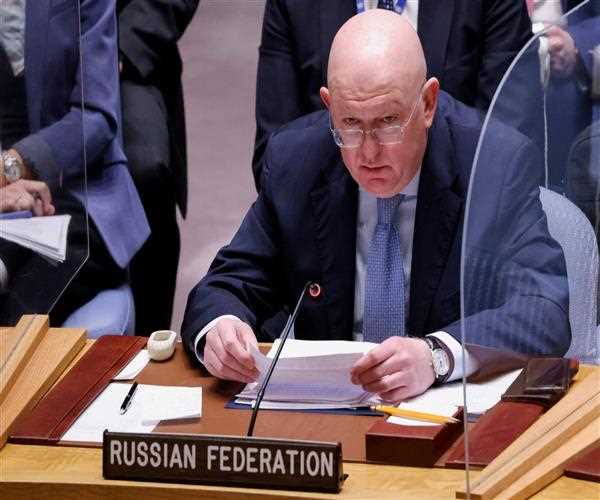The United Nations Security Council (UNSC) is the main United Nations body responsible for the maintenance of international peace and security. Its membership is made up of the five permanent members of the UNSC (China, France, Russia, the United Kingdom, and the United States) and ten non-permanent members, elected by the UN General Assembly for two-year terms.
The UNSC is tasked with taking collective measures to maintain international peace and security, including the authorization of military action. Decisions of the UNSC are made by an affirmative vote of nine of the fifteen members.
Since its establishment in 1946, the UNSC has been marred by the veto power of its permanent members, which has often been used to block action. In the early 1990s, the UNSC was unable to take effective action to halt the atrocities in Bosnia and Rwanda due to the vetoes of the US and UK.
The veto power has also been used to protect human rights abusers. For example, Russia has used its veto power to block action on Syria, despite the ongoing humanitarian crisis.
The use of the veto power by the permanent members has led to calls for reform of the UNSC. In 2005, then-UN Secretary-General Kofi Annan proposed expanding the UNSC to 24 members, with eight new permanent members and sixteen new non-permanent members. This proposal was not accepted by the UN General Assembly.
In 2015, a group of UN member states known as the Accountability, Coherence and Transparency (ACT) group proposed a set of reforms to the UNSC, including the establishment of an annual review process of the veto power. This proposal was also not accepted by the UN General Assembly.
The veto power of the permanent members has been a major obstacle to effective action by the UNSC. As the world faces a new era of challenges, including the rise of terrorism and the proliferation of weapons of mass destruction, it is essential that the UNSC be reformed in order to make it more effective in addressing these threats.
The best way to reform the UNSC is to abolish the veto power of the permanent members. This would allow the UNSC to take decisive action on important issues without the risk of a veto.
There are a number of ways to abolish the veto power.

- One proposal is to amend the UN Charter to remove the veto power. This would require the support of two-thirds of UN member states.
- Another proposal is to establish a UN Security Council Reform Commission, which would be tasked with making recommendations on how to reform the UNSC. This proposal has the support of a majority of UN member states.
- The best way to get Russia off the UN Security Council is to abolish the veto power. This would allow the UNSC to take decisive action on important issues without the risk of a veto. There are a number of ways to abolish the veto power, and the best way is to establish a UN Security Council Reform Commission.